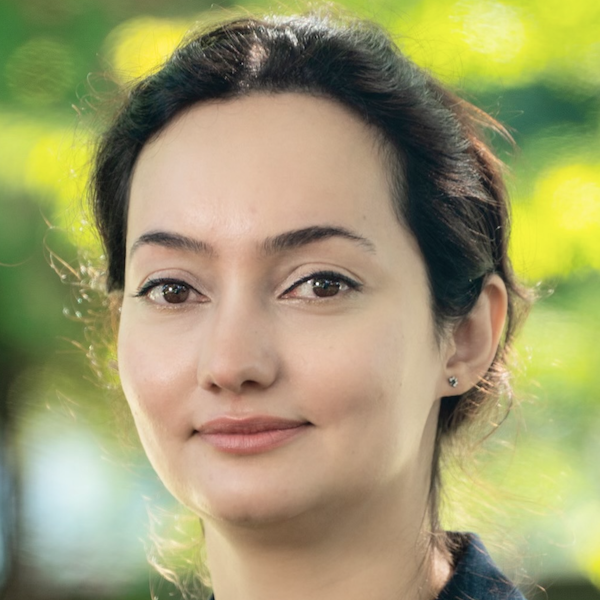
The Edwin S.H. Leong Healthy Aging Program is pleased to announce the winners of its 2022/2023 Postdoctoral Fellowship. This award provides financial support to exceptional postdoctoral researchers to conduct research relevant to healthy aging at UBC, with the goal of attracting, developing, and training promising researchers, early in their careers, to support the advancement of world-class aging research in BC. Fellows will conduct research that is directly relevant to atleast one of the four focus areas of the Edwin S.H. Leong Healthy Aging Program under the supervision of a faculty member in the program. See the 2 winners below!

Samantha Schaffner, Faculty of Medicine (Supervisor: Dr. Silke Appel-Cresswell)
Parkinson’s disease (PD) is an age-associated neurodegenerative disorder affecting the dopamine system. One of the major subtypes of PD, termed “body-first,” is hypothesized to begin in the gut and may be related to shifts in gut microbiota composition. Caffeine consumption is associated with reduced risk for PD and impacts both the brain and the gut microbiome in healthy adults; however, the effects of long-term caffeine consumption on the gut microbiome in PD patients are not fully understood. In this study, Samantha will investigate the effects of moderate long-term caffeine intake on the fecal microbiome of PD patients and healthy adults over a 5-year period in order to determine whether caffeine consumption can counteract gut microbiome disturbances in PD. The effects of caffeine intake on PD symptom severity and disease progression will also be assessed. This will shed light on whether the effects of caffeine on gut microbiota are differ in PD patients compared with healthy adults, and will enhance our understanding of the effectiveness of caffeine as an intervention in PD.

Elham Esfandiari, Faculty of Medicine (Supervisor: Dr. Maureen Ashe)
Social isolation can have negative health impacts, including increased anxiety and depression, particularly among older adults who face mobility challenges or live in less supportive physical environments. To address these issues, social prescribing is an integrated health and social model of care that aims to connect individuals with community resources such as social groups, arts, and physical activities. However, there is a lack of information on how social prescribing is implemented in practice, and local context is not well considered. The objective of Elham’s project is to conduct semi-structured interviews with social providers and individuals who have accessed social prescribing in BC to gain insight into its implementation. This information will be used to develop an online program to assist social prescribers in referring individuals to appropriate programs and to guide future research and practice in social prescribing in other parts of Canada.